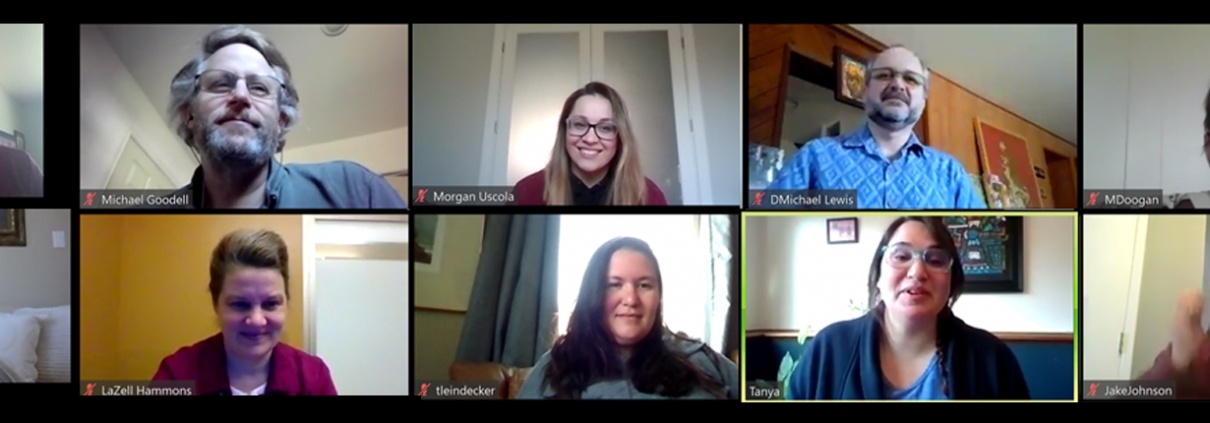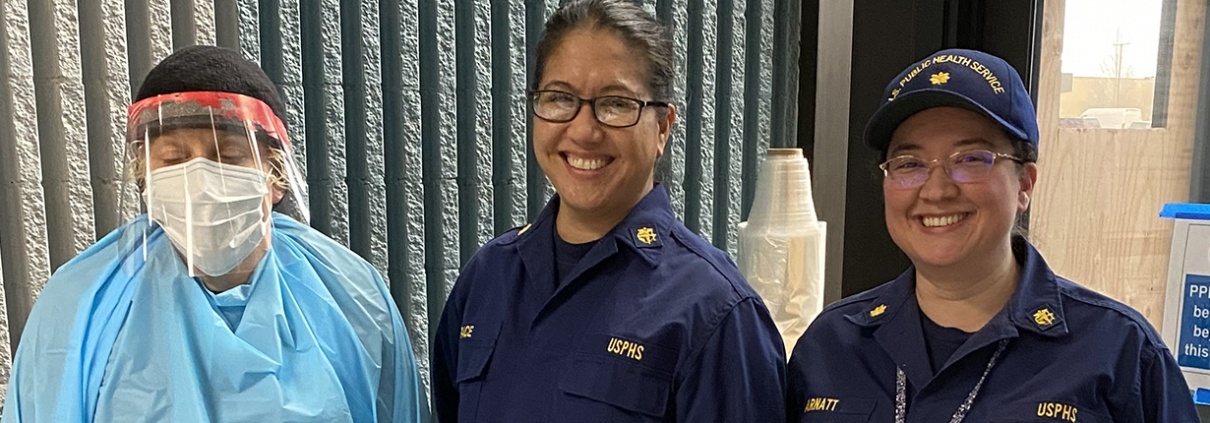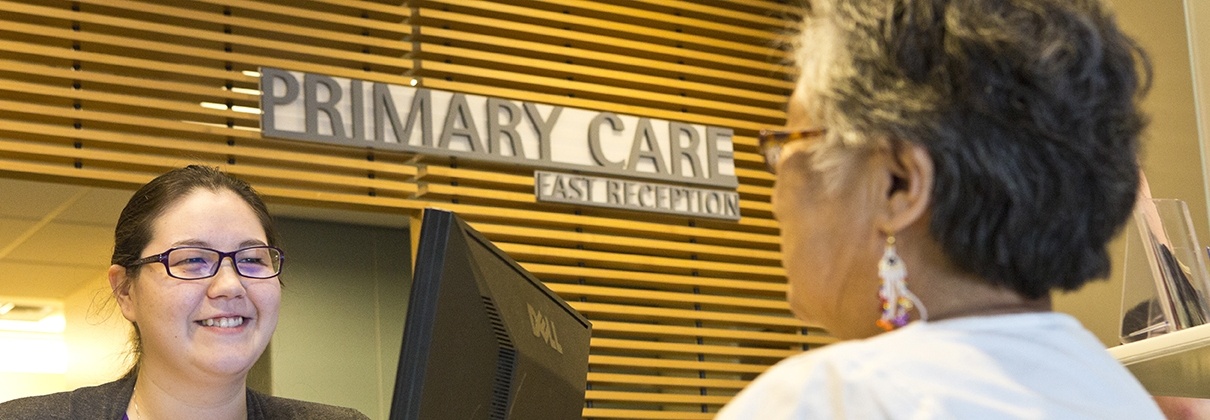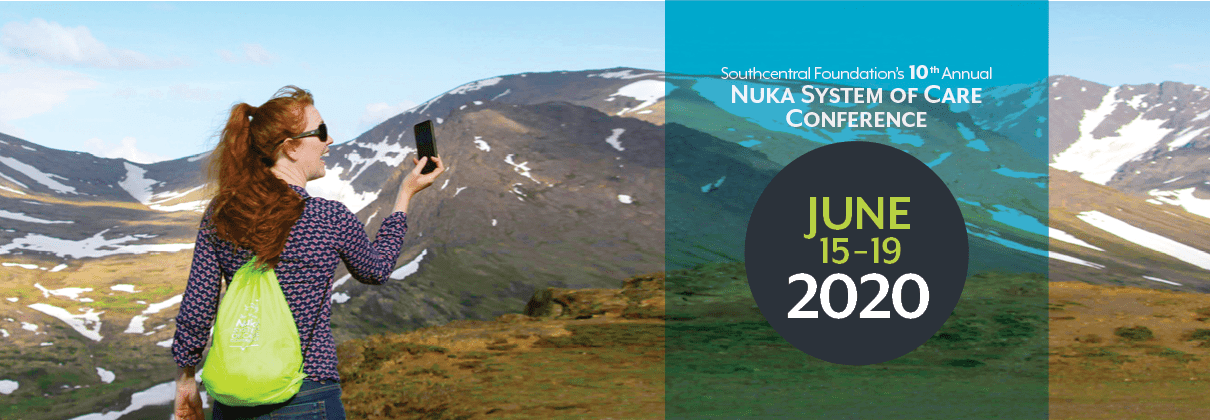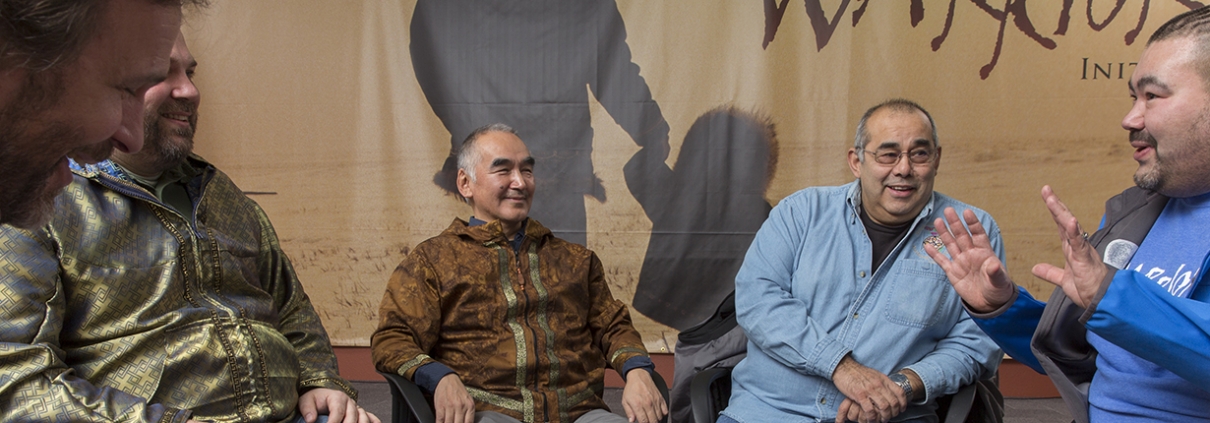Southcentral Foundation’s Virtual Nuka Week is approaching! This online conference includes both live sessions and access to pre-recorded material. The conference will feature a keynote speech from SCF’s President/CEO, as well as sessions on a wide variety of topics ranging from leadership principles to how SCF has managed the COVID-19 pandemic. Following is information about a selection of sessions available during the virtual conference:
Tag Archive for: southcentral foundation
One way that Southcentral Foundation is fostering connection for employees is through regular offerings of a new virtual learning circle opportunity called SCF Strong. SCF Strong is a virtual learning circle that utilizes video conferencing to support employees and strengthen the Southcentral Foundation community.
SCF’s Development Center created a series of just-in-time COVID-19 trainings, primarily for employees in clinical settings. The trainings are based on recommendations from the U.S. Centers for Disease Control (CDC) and the World Health Organization (WHO).
Working remotely can prove challenging for many employees, and organizational support for maintaining teams is critical during this time. One way SCF has helped workers overcome challenges of working in teams is through its Team Performance Training.
During the COVID-19 pandemic, health care workers may find themselves under considerable stress as they go about their jobs in difficult and uncertain times. Following are some resources that Southcentral Foundation has shared internally for its workforce about finding emotional balance during stressful times.
Implementing large-scale change at any organization can be challenging, and health care organizations are certainly no exception to this. Following are three key lessons from Southcentral Foundation’s whole system transformation; these steps were a tremendous help to SCF in making major changes to improve the system and provide quality health care for all customer-owners.
There are many factors that determine a person’s health, and not all of these are physical. Studies have indicated that as many as 60-70% of health outcomes are determined by social, environmental, and/or behavioral risk factors. At Southcentral Foundation, the overall wellness of customer-owners is our highest priority, so we want to pay attention to all the factors – social, environmental, and behavioral – that may impact a customer-owner’s health.
There are many factors that determine a person’s health, and not all of these are physical. Studies have indicated that as many as 60-70% of health outcomes are determined by social, environmental, and/or behavioral risk factors. At Southcentral Foundation, the overall wellness of customer-owners is our highest priority, so we want to pay attention to all the factors – social, environmental, and behavioral – that may impact a customer-owner’s health.
Research has shown that when the people receiving health services are involved in the decision-making process, or better yet, if they own their own health care, programs and services have a potential for enhancement and the people’s health statistics will improve. At Southcentral Foundation, Alaska Native people have been running their own health care system for over two decades.
Post-Traumatic Stress (PTS) is a serious problem faced by many combat veterans and first responders. To help deal with this problem, Southcentral Foundation has implemented the Soldier’s Heart program. Soldier’s Heart is a training and education program developed by veterans for first responders, combat veterans, and law enforcement to help them understand and address the effects of PTS and provide information, tools, and methods to help cope with symptoms.


